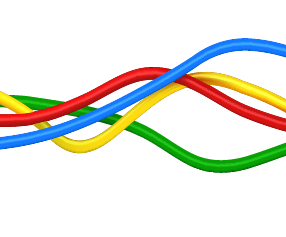The MEErP methodology (Methodology for the Eco-design of Energy Using Products) allows the evaluation of whether and to which extent various energy-using products fulfill the criteria established by the ErP Directive for which implementing measures might be considered. The MEErP model translates product specific information, covering all stages of the life of the product, into environmental impacts (more info http://ec.europa.eu/enterprise/policies/sustainable-business/ecodesign/methodology/index_en.htm ).
The tasks in the MEErP entail:
Task 1 - Scope (definitions, standards and legislation);
Task 2 – Markets (volumes and prices);
Task 3 – Users (product demand side);
Task 4 - Technologies (product supply side, includes both BAT and BNAT);
Task 5 – Environment & Economics (Base case LCA & LCC);
Task 6 – Design options;
Task 7 – Scenarios (Policy, scenario, impact and sensitivity analysis).
Tasks 1 to 4 can be performed in parallel, whereas 5, 6 and 7 are
sequential.
Task 0 or a Quick-scan is optional to Task 1 for the case of large or inhomogeneous product groups, where it is recommended to carry out a first product screening. The objective is to re-group or narrow the product scope, as appropriate from an ecodesign point of view, for the subsequent analysis in tasks 2-7.
